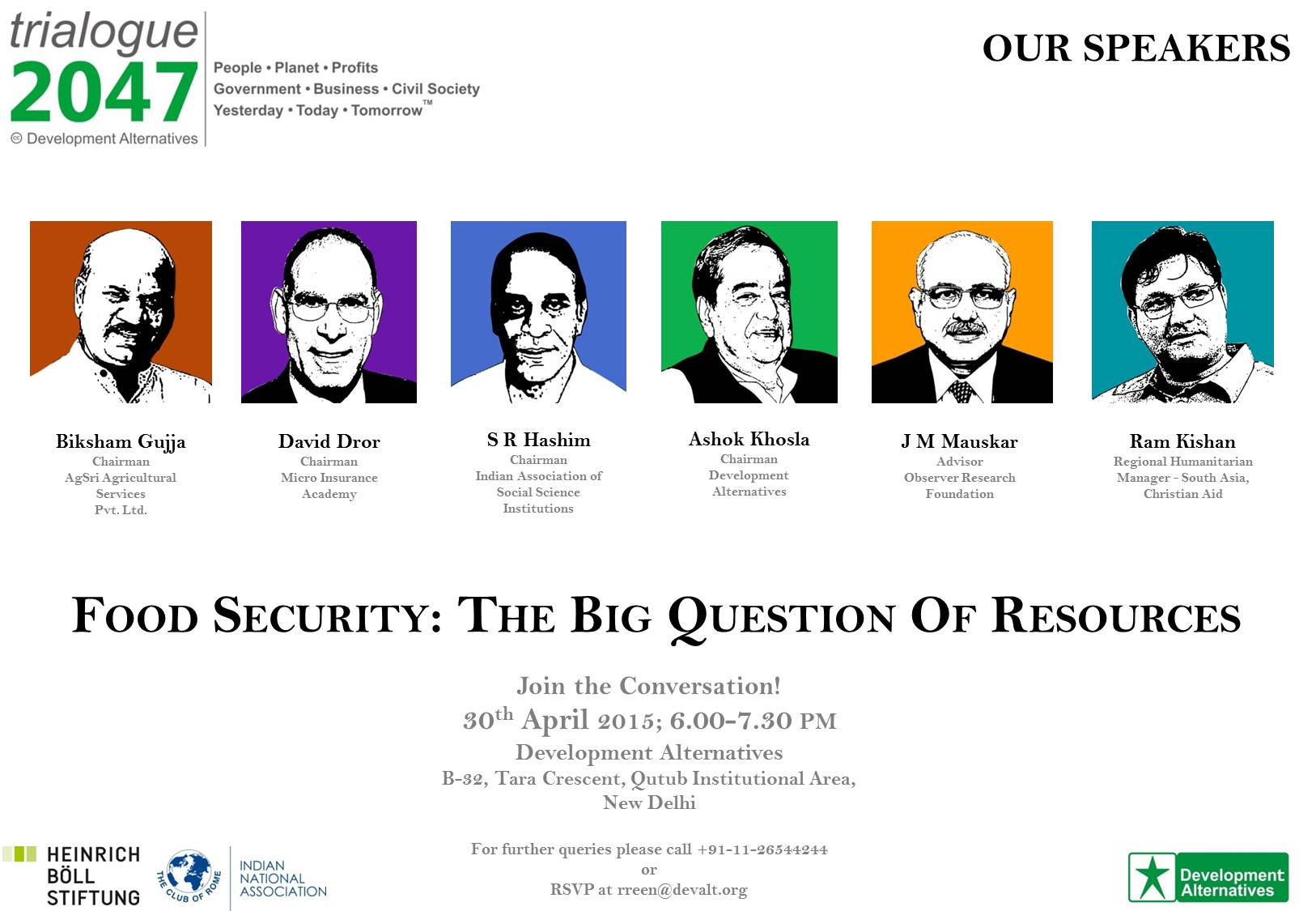by Poonam Bala
Rawat Publications, 2015, 152 pages, ISBN: 9788131607183
About the Book
The recent spur in the literature on various aspects of the Asian community in general and South Asians in particular, has focused largely on either the changing status of Indian women, or on the social and cultural transformations they have undergone as "immigrants" from a vastly different culture, or on a feminist perspective of Indian women in America. Most recently, studies have alluded to the South Asian immigration in the broader context of Asian immigration to the United States. Some studies have focused on the linguistic, cultural, and religious ideologies in view of the 'adopted' socio-cultural values amongst the Hindu diaspora across different cultures. In as much as above perspectives provide answers to various issues about the Indian diaspora, they do not account for issues related to identity, social and cultural adjustments, and perception of parent cultures by second and third generations.
This book is written in the belief that there exists no single work that documents the various issues of the Indian diaspora through their own voices, and through successive generations in Ohio. It is hoped that the proposed work will provide an insight into various issues that have neither been voiced nor documented, yet have played a significant role in the lives of the Asian community in America. The book explores the patterns and the reasons for cultural 'shifts' amongst the Asian Indian community in Ohio. It also provides a platform for further studies and useful comparisons with immigrants from other countries who went through similar trajectories of cultural encounters and changes, much like their South Asian counterparts - trajectories that enabled perpetuation of social and cultural values and a distinct identity necessary for cultural assimilation following their move.
Chapters
1. Reflections on Migration of Asian Indians: An Introduction
2 Travels Across: Asian Indians in America
3 Breaking the Silence: Nostalgia and Memories
4 'New' Identity and 'Old' Institutions: Voices and Viewpoints
5 Understanding the Trajectories of Asian Indians: Concluding Reflections
About the Author
Poonam Bala is currently a Visiting Professor at the Centre for Studies in Science Policy (School of Social Sciences) at Jawaharlal Nehru University, New Delhi and an affiliated Visiting Scholar at Cleveland State University. She is also the founding member of the Asian Indian Heritage Project in Ohio and has held various national and international scholarships/ fellowships besides holding teaching positions at universities in India, Canada and the US. With a range of research interests and expertise in policies and health/medicine, alternative medicine, history of medicine and society, race and health, she has authored and edited several books and articles. Her select publications include Imperialism and Medicine in Bengal: A Socio-Historical Perspective; Medicine and Medical Policies in India; Biomedicine as a Contested Site: Some Revelations in Imperial Contexts; Contesting Colonial Authority: Medicine and Indigenous Responses in 19th and 20th-century India and Medicine and Colonialism: Historical Perspectives in India and South Africa, with a new project on comparative themes in medicine, race and gender under the British empire.
Further Details: http://www.goodreads.com/book/show/25460521-diaspora-culture-and-identity

